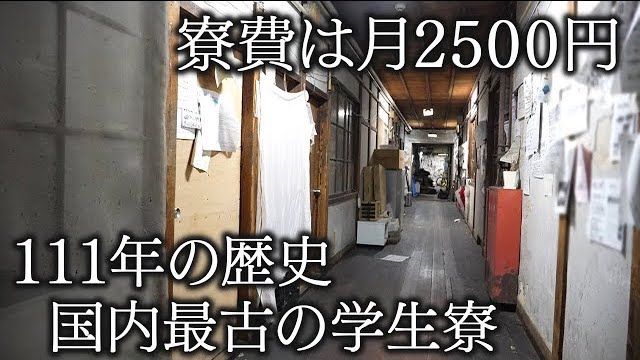On a chilly evening last month, tens of thousands of people gathered at the Saitama Super Arena near Tokyo, one of Japan's biggest live music venues. People of all ages were thrilled to witness rock legends in action: Ireland's U2.
The band was in the midst of a world tour taking in Seoul, Manila, Mumbai and other major cities in the Asia-Pacific region. For Japanese U2 fans, the visit was special, as it was their first time performing in the country in 13 years.
Among the crowd was 32-year-old Yuki Hayashi, who goes to at least 10 live shows a year.
"I feel happy to be in the same place where my favorite artists are," he added, saying that he has already booked a ticket for another concert in a few months' time.
Hayashi is not alone. Despite plummeting CD sales, Japan's music industry is turning the live music experience into a major new pillar of growth.
According to the All Japan Concert and Live Entertainment Promoters Conference (ACPC) organization, total audience attendance for all concerts reached 48 million in 2018, up 25% from 2013, and generating 345 billion yen ($3.15 billion) in sales, a 49% increase from five years earlier. The number of performances has also increased 43% over the same time period.
Hiromichi Hayashi, CEO of Hayashi International Promotion, Japan's leading concert promoter, said that concerts and merchandise are becoming increasingly important as a revenue stream for artists. "Many artists know that show business is not forever. When you can't make money from CDs, you have to sell tickets and merchandise to instantly cash in," said Hayashi.
Physical formats still account for the majority of Japan's music industry sales. (Photo by Yuki Kohara)
Ticket prices for live shows are also increasing. According to ACPC data, the average ticket price was 4,771 yen in 2008. It increased to 7,092 yen in 2018 -- up 49% in a decade.
"It is simply a matter of supply and demand," said John Boyle, President of Live Nation Japan, the Japanese subsidiary of American concert promoter Live Nation, which put on the U2 concert in Saitama. "Every venue is full every single night."
Confident that there is much more room for Japan's live music market to grow, Boyle said the real problem facing tour promoters in Japan is a shortage of venues.
"We will see significant growth after the 2020 Olympics," said Boyle. Live Nation Japan is part of the consortium managing the newly built Ariake arena, which will be the volleyball venue for the Tokyo 2020 Olympic Games and then converted to an entertainment venue later. "In five years the market could grow another 25%," he said.
On top of succeeding in the concert business, there are other signs that Japan's music market -- the world's second-largest -- is growing again after years of contraction. According to the Recording Industry Association of Japan, the domestic music market expanded for the first time in three years to 304.8 billion yen in 2018, up 5% from the previous year.










